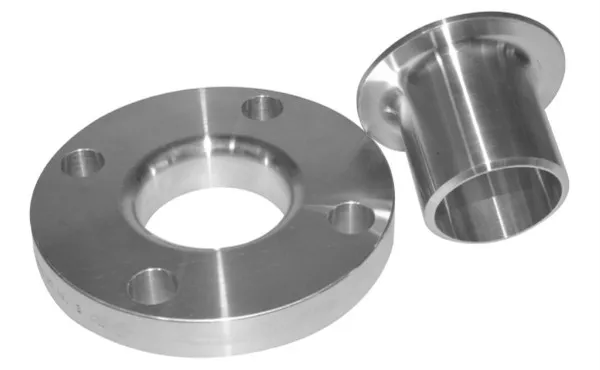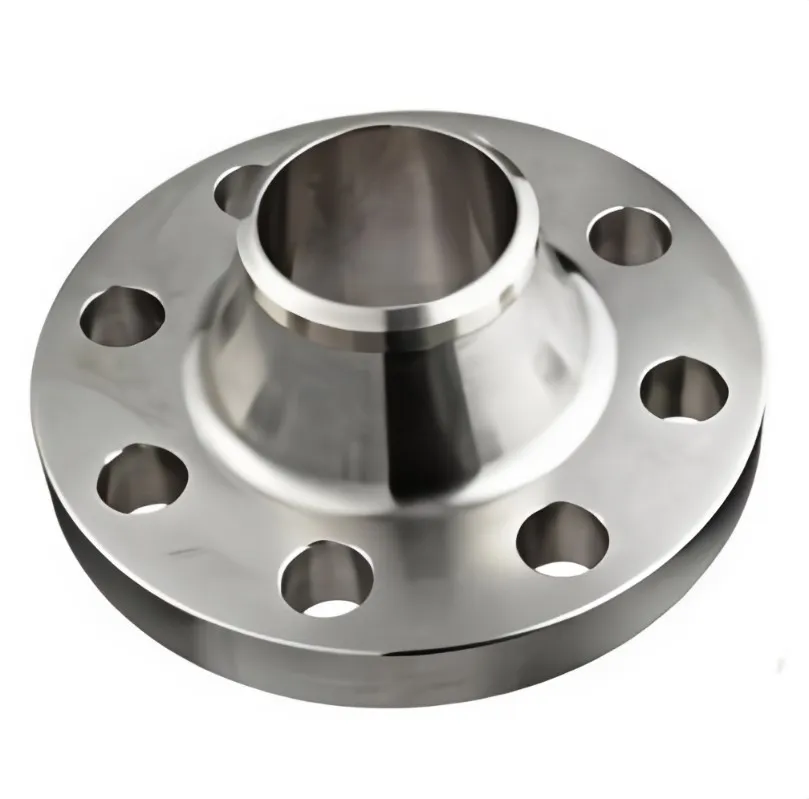-
Cangzhou Yulong Steel Co., Ltd.
-
Phone:
+86 13303177267 -
Email:
admin@ylsteelfittings.com
- English
- Arabic
- Italian
- Spanish
- Portuguese
- German
- kazakh
- Persian
- Greek
- French
- Russian
- Polish
- Thai
- Indonesian
- Vietnamese
- Zulu
- Korean
- Uzbek
- Hindi
- Serbian
- Malay
- Ukrainian
- Gujarati
- Haitian Creole
- hausa
- hawaiian
- Hebrew
- Miao
- Hungarian
- Icelandic
- igbo
- irish
- Japanese
- Javanese
- Kannada
- Khmer
- Rwandese
- Afrikaans
- Albanian
- Amharic
- Armenian
- Azerbaijani
- Basque
- Belarusian
- Bengali
- Bosnian
- Bulgarian
- Catalan
- Cebuano
- China
- China (Taiwan)
- Corsican
- Croatian
- Czech
- Danish
- Esperanto
- Estonian
- Finnish
- Frisian
- Galician
- Georgian
- Kurdish
- Kyrgyz
- Lao
- Latin
- Latvian
- Lithuanian
- Luxembourgish
- Macedonian
- Malgashi
- Malayalam
- Maltese
- Maori
- Marathi
- Mongolian
- Myanmar
- Nepali
- Norwegian
- Norwegian
- Occitan
- Pashto
- Dutch
- Punjabi
- Romanian
- Samoan
- Scottish Gaelic
- Sesotho
- Shona
- Sindhi
- Sinhala
- Slovak
- Slovenian
- Somali
- Sundanese
- Swahili
- Swedish
- Tagalog
- Tajik
- Tamil
- Tatar
- Telugu
- Turkish
- Turkmen
- Urdu
- Uighur
- Welsh
- Bantu
- Yiddish
- Yoruba

Dec . 23, 2024 17:35 Back to list
The Role of ANSI Flanges in High-Pressure and High-Temperature Applications
Piping systems in high-pressure and high-temperature environments demand components that ensure safety, reliability, and efficiency. ANSI flanges, designed according to standards set by the American National Standards Institute, have become a cornerstone of such systems. Their precise engineering, material versatility, and adherence to strict standards make them essential in industries where operational conditions are extreme.

Meeting the Challenges of Extreme Conditions About ANSI Flange
High-pressure and high-temperature environments, such as those found in power plants, refineries, and chemical processing facilities, subject piping systems to immense stress. In these settings, weak connections can lead to catastrophic failures, jeopardizing both safety and productivity. ANSI pipe flange address these challenges by providing a robust and standardized connection between pipes, valves, and equipment.
Their design ensures even distribution of pressure across the flange surface, reducing the risk of leaks and structural failure. Additionally, the use of compatible gaskets and bolting materials enhances the integrity of the connection, even under fluctuating pressures and temperatures.

Material Selection for Durability and Performance About ANSI Flange
The choice of material plays a crucial role in the performance of ansi raised face flange in extreme conditions. Stainless steel is a popular choice due to its excellent resistance to heat and corrosion, making it ideal for applications involving aggressive chemicals or high-temperature fluids. Carbon steel flanges offer cost-effective durability in less corrosive environments, while alloy steels provide enhanced strength and resistance to thermal expansion.
In applications where temperatures exceed conventional thresholds, specialty materials like Inconel and Hastelloy come into play. These alloys are engineered to maintain structural integrity under extreme heat and pressure, ensuring long-term reliability. The wide range of material options available for ANSI flanges allows engineers to tailor their systems to specific operational needs.

Precision Engineering for Leak Prevention About ANSI Flange
Leak prevention is a critical concern in high-pressure and high-temperature systems. ANSI flanges are designed to provide a tight and secure connection that minimizes the risk of leaks, even under demanding conditions. This is achieved through precise manufacturing tolerances and standardized dimensions, which ensure a perfect fit with other components in the system.
The flange face, whether flat, raised, or ring-joint, is designed to accommodate gaskets that create an effective seal. Proper bolt tightening, combined with the inherent strength of the flange, further enhances leak resistance. Regular inspection and maintenance, such as checking for signs of wear or corrosion, ensure that ANSI flanges continue to perform reliably throughout their service life.

Enhancing System Flexibility and Safety With ANSI Flange
ANSI flanges also contribute to the flexibility and safety of piping systems. Their modular design allows for easier assembly and disassembly, facilitating maintenance, repairs, and system modifications. In high-pressure applications, this modularity ensures that systems can be quickly and safely adapted to meet changing operational requirements.
Furthermore, the use of ANSI flanges enhances safety by providing a fail-safe connection that withstands the stresses of extreme conditions. By adhering to rigorous manufacturing standards, these flanges minimize the risk of accidents caused by flange failure or leakage. Industries that rely on hazardous or volatile materials benefit significantly from the added security provided by ANSI flanges.
Supporting Industry Standards and Innovations With ANSI Flange
ANSI flanges are not just reliable components; they also represent a commitment to standardization and quality. By adhering to ANSI standards, manufacturers ensure that their flanges are compatible with a wide range of piping systems and equipment. This standardization simplifies system design and reduces the risk of incompatibility during installation.
As industries continue to innovate, ANSI flanges remain at the forefront of technological advancements. Improved manufacturing techniques, such as precision machining and advanced welding methods, have enhanced the performance and reliability of these flanges. Additionally, the integration of smart technologies, such as sensors for monitoring pressure and temperature, is expanding the capabilities of ANSI flanges in modern piping systems.
Latest news
-
ANSI 150P SS304 SO FLANGE
NewsFeb.14,2025
-
ASTM A333GR6 STEEL PIPE
NewsJan.20,2025
-
ANSI B16.5 WELDING NECK FLANGE
NewsJan.15,2026
-
ANSI B16.5 SLIP-ON FLANGE
NewsApr.19,2024
-
SABS 1123 FLANGE
NewsJan.15,2025
-
DIN86044 PLATE FLANGE
NewsApr.19,2024
-
DIN2527 BLIND FLANGE
NewsApr.12,2024
-
JIS B2311 Butt-Welding Fittings LR/SR 45°/90° /180°Seamless/Weld
NewsApr.23,2024











